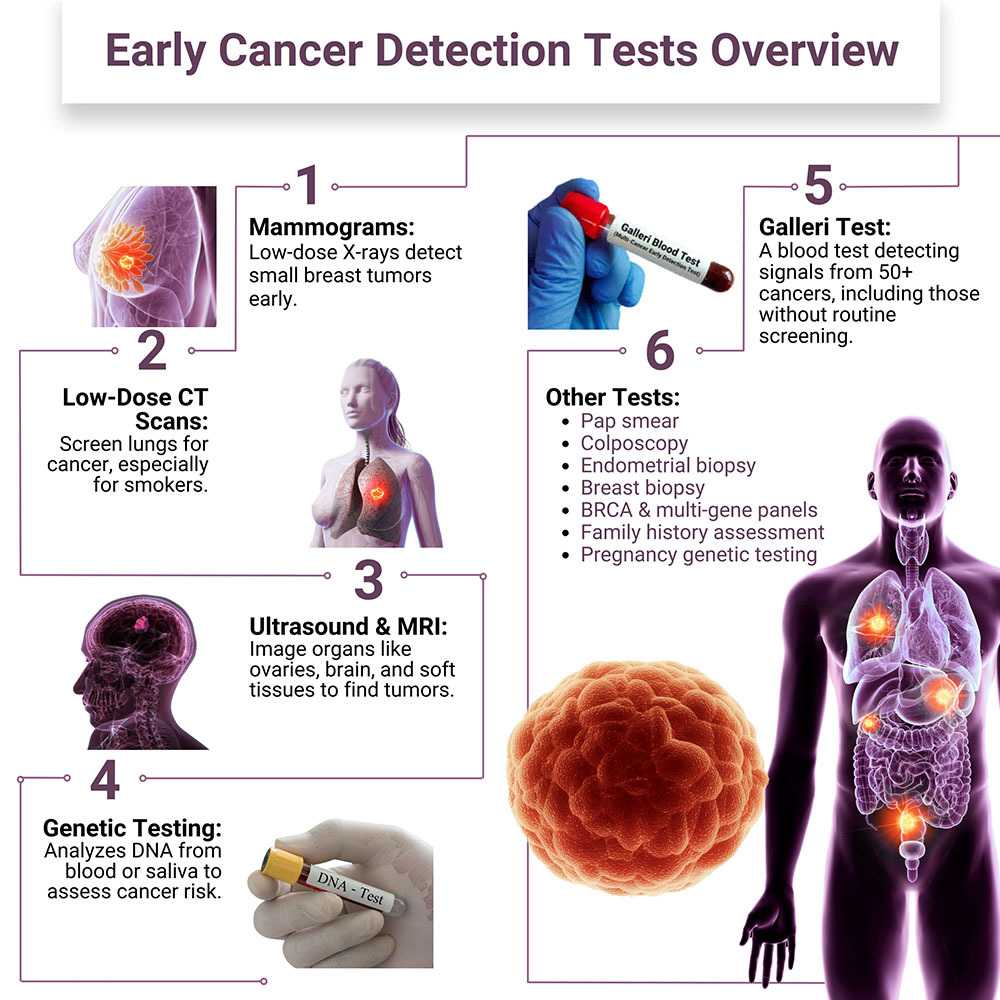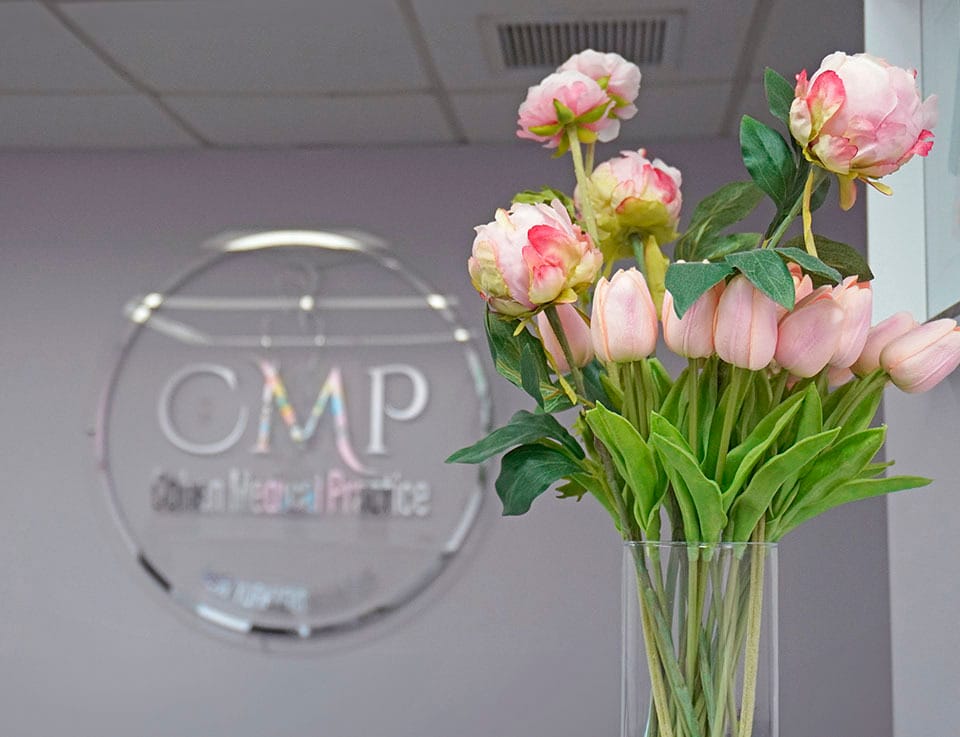What Is Early Cancer Detection Testing?
Early cancer detection testing helps you identify cancer in its earliest stage before symptoms appear. This approach focuses on finding malignant changes in cells or tissues when they’re most responsive to treatment and before the disease spreads to other parts of your body. By detecting cancer early, doctors gain a better opportunity to remove or treat tumors when they’re small and localized.
Early detection leads to more successful treatment, shorter recovery times and less invasive procedures. You may avoid chemotherapy or extensive surgery if a tumor is small and hasn’t spread. Early diagnosis also gives you time to understand your options, make informed decisions and receive timely care. It shifts the focus from crisis management to prevention and planning, improving your overall quality of life during and after treatment.

What Are the Different Types of Early Detection Tests?
At Cohen Medical Practice (CMP) you have access to a wide range of genetic screenings. Mammograms use low-dose x-rays to examine your breast tissue and often reveal tumors too small for you to notice. If you have a history of smoking, a low-dose CT scan checks your lungs for early signs of cancer. Other imaging tools include ultrasound, which looks at organs like your ovaries, and an MRI that detects tumors in your brain and soft tissues.
Some of the most effective early detection tests involve genetic testing. Lab-based testing measures the DNA in your blood or saliva that show your risk level of developing cancer. One of the latest options is the Galleri multi-cancer early detection blood test, which checks signals from over 50 types of cancer with just one blood sample. It searches for DNA changes linked to cancer, even those without routine screening protocols. Other early detection tests include a:
- Pap smear to catch abnormal cervical cells before they become cancerous
- Colposcopy, used to examine your cervix more closely after an abnormal Pap result
- Endometrial biopsy that checks your uterine lining for early signs of cancer
- Breast biopsy that confirms if a lump in your breast is cancerous
- BRCA & multi-gene panels to identify inherited changes linked to several cancers
- Genetic testing for breast, ovarian and uterine cancer that shows if you carry mutations that raise your cancer risk
- Family history risk assessment that infers your risk levels for various cancers based on family members’ bouts with cancer
- Pregnancy genetic testing, often used as a tool for family planning during your pregnancy
Who Should Get Early Cancer Detection Testing?
You benefit most from early cancer detection when you start testing based on your age, personal risks and family history. These factors influence not only when to begin screening but also which tests suit your health profile. By staying informed and working with your doctor, you take steps to catch the disease before it spreads.
Consider genetic testing and other early warning tests if you:
- Are over 40 and haven’t started routine screenings
- Have a first-degree relative with cancer
- Smoke or used to smoke regularly
- Tested positive for a hereditary cancer gene
- Had abnormal results from past cancer-related exams
Whether you’re interested in a Galleri multi-cancer early detection blood test for thorough early cancer detection or are concerned about birth defects that run in your family and want preconception genetic testing, the team at CMP New York are experts in obstetrics and gynecology. They provide exceptional genetic counseling before and after you get genetic tests.
What Should I Do If My Test Is Positive?
A positive early cancer detection test isn’t a cancer diagnosis. Some tests indicate an abnormality that needs to be investigated while others find changes that aren’t cancerous. Knowing what your next steps are helps you deal with uncertainty and understand what decisions you need to make about your care.
If you test positive, your next steps may include:
- Getting follow-up testing to confirm the result and understand the cause
- Increasing the frequency of your routine cancer screening tests
- Changing any poor eating and exercise habits
- Consulting a specialist like an oncologist or genetic counselor
- Sharing your medical and family history
- Seeking emotional support through counseling or support groups
If you’re of reproductive age, consider asking your doctor about fertility preservation before starting any treatment. These practices help stabilize your body and mind for whatever you may want to do next and keep you strong throughout the process.
How Should I Prepare for a Cancer Screening Test?
Preparing for a cancer screening test depends on the type of test you’ve scheduled, but a few simple steps help improve accuracy. For a blood test, you may need to fast beforehand, usually overnight, to ensure more reliable results. Avoiding certain medications, supplements or alcohol for a day or two may also be necessary.
At CMP New York in Midtown Manhattan, you have access to experienced gynecologists and advanced screening tools designed to detect issues early and accurately. Their team supports you through every stage from genetic counseling and screenings to treatment and follow-up care, so you feel confident and informed. Contact CMP New York today to take a proactive step in protecting your future health.

